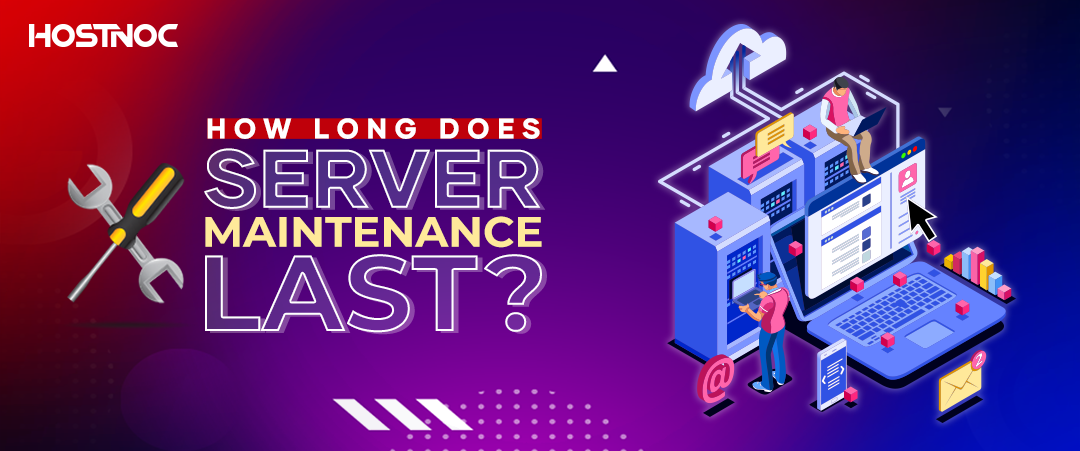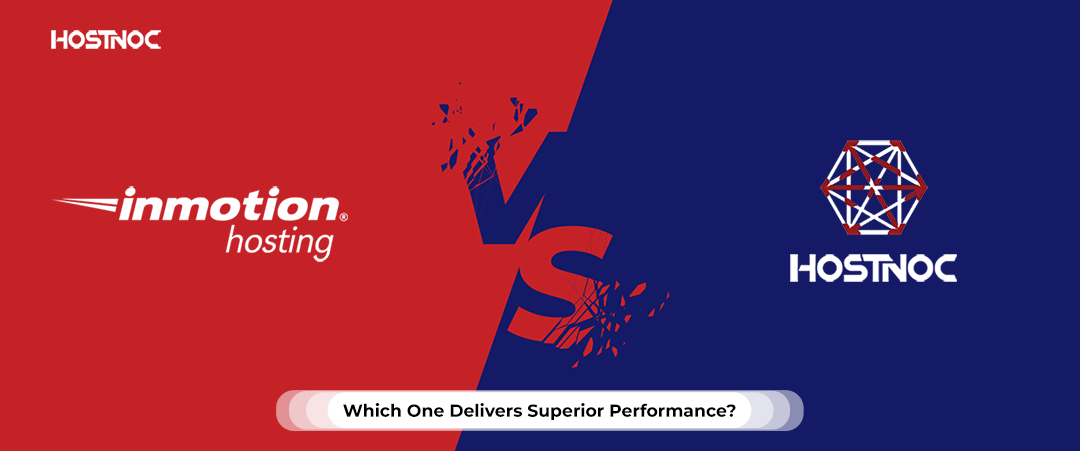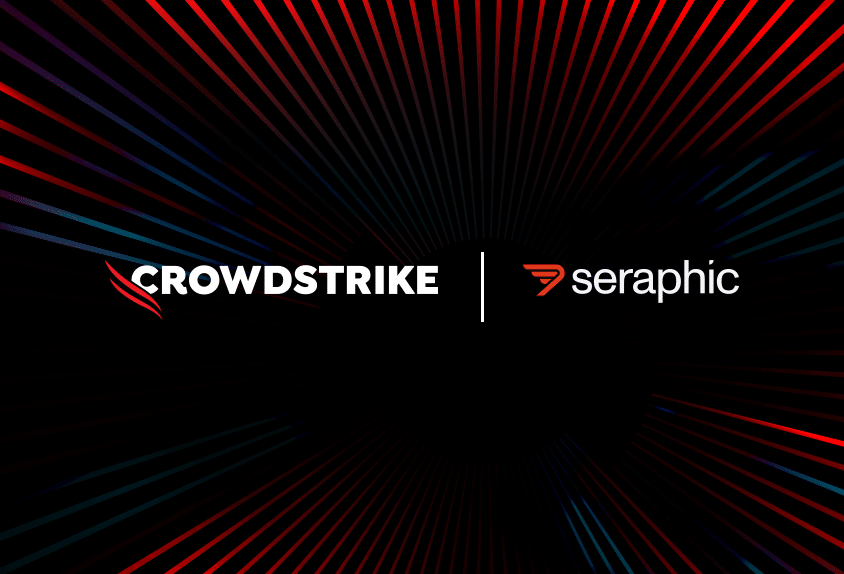Blogs

How Long Does Server Maintenance Last?
April 9, 2025
InMotion vs Hostnoc: Which Hosting Provider Delivers Superior Performance
April 11, 2025Google Cloud Next 2025 was a game-changing event that introduced groundbreaking innovations, focusing heavily on artificial intelligence, cloud security and developer tools. As the cloud landscape becomes more competitive with players like Microsoft Azure and Amazon Web Services (AWS), Google Cloud continues to push the boundaries, leveraging advanced AI chips, new security models, and a more integrated ecosystem.
In this article, HOSTNOC will dive deep into all the exciting announcements, developments, and what they mean for businesses, developers, and cloud professionals.
-
Google Cloud Next 2025: Everything You Need to Know
- 1. AI-Powered Innovation: Google Cloud's Strategic Focus
- 2. Google’s Bold Security Advancements
- 3. Hybrid and Multi-Cloud: Google’s New Infrastructure Updates
- 4. Google's New AI Chips: A Challenge to AWS and Microsoft
- 5. Google Cloud’s AI Agent Ecosystem: Competing with Microsoft and Amazon
- 6. Developer-Centric Tools and API Updates
- Conclusion:
Google Cloud Next 2025: Everything You Need to Know
1. AI-Powered Innovation: Google Cloud’s Strategic Focus
A central theme at Google Cloud Next 2025 was artificial intelligence (AI). The event showcased Google’s commitment to integrating AI into every facet of cloud computing—from data management to app development to customer service. With innovations like Generative AI and AI-powered analytics, Google Cloud is reinforcing its position as a leader in cloud AI technology.
Key AI Developments:
-
Google Cloud AI Chips:
Google unveiled 7th generation AI chips called Ironwood. It is designed to accelerate machine learning tasks, including Tensor Processing Units (TPUs) that will allow for faster and more efficient AI model training. These chips are optimized for workloads like deep learning, helping businesses scale their AI applications while reducing operational costs.

-
AI Agent Ecosystem:
Google introduced a new AI agent ecosystem that will challenge competitors like Amazon’s AWS and Microsoft’s Azure in automating complex business workflows. These AI agents can take on customer service roles, automate supply chains, and provide actionable insights—all powered by Google’s advanced AI systems.
-
Generative AI for Business Solutions:
Generative AI has gained immense traction, and Google Cloud has built an ecosystem around it. This will enable businesses to integrate artificial intelligence into their operations for tasks like content generation, customer interaction, and more. With Google Cloud Vertex AI, businesses can customize AI models with their own data, leading to more tailored outcomes.
2. Google’s Bold Security Advancements
In 2025, cloud security continues to be a primary concern for businesses across industries. Google Cloud Next 2025 showcased several advanced security technologies to help organizations safeguard their digital infrastructure.
New Security Features:
-
AI-Driven Security:
Google’s integration of AI into its security tools is designed to detect and mitigate potential threats faster than ever before. The new AI-powered security analytics platform can automatically identify vulnerabilities across multi-cloud environments and provide real-time remediation, reducing human intervention and potential risk.
-
Zero Trust Security Framework:
Google’s Zero Trust security model remains one of the most robust in the industry. At the conference, Google emphasized the expansion of its identity and access management (IAM) tools to ensure that only verified users gain access to sensitive data and applications. This is crucial for businesses embracing remote work or working with third-party vendors.
-
Cloud-Native Security:
With its new Wiz partnership, Google is integrating advanced cloud-native security solutions directly into its platform, enhancing visibility into multi-cloud environments and providing automated vulnerability scanning.

3. Hybrid and Multi-Cloud: Google’s New Infrastructure Updates
The need for multi-cloud and hybrid cloud environments has grown exponentially, and Google Cloud is rising to the occasion with powerful new infrastructure updates.
Multi-Cloud Enhancements:
-
Cross-Cloud Data Management:
Google’s newly upgraded Cloud Data Fusion tool allows organizations to seamlessly manage, analyze, and integrate data across different cloud platforms, including AWS, Azure, and Google Cloud. This capability is designed for enterprises that don’t want to lock themselves into a single cloud provider.
-
Cloud Interoperability:
Google continues to strengthen its multi-cloud interoperability with enhanced API management tools, enabling businesses to connect their on-premise systems with cloud services. This is a major step forward for legacy system integration.
-
Cloud-Native Services:
Google Kubernetes Engine (GKE) and Anthos remain at the forefront of Google’s hybrid cloud strategy. Google Cloud Next 2025 introduced expanded serverless options, improving scalability and efficiency for workloads that demand high availability.
4. Google’s New AI Chips: A Challenge to AWS and Microsoft
In a significant move aimed at challenging AWS and Microsoft Azure in the AI and machine learning space, Google announced the launch of its next-generation AI chips.
Google’s AI Chip Details:
-
Tensor Processing Units (TPUs):
These custom-designed chips are optimized for deep learning tasks, improving the efficiency and scalability of AI models. Google Cloud customers can now leverage these chips to enhance their AI training workloads, leading to faster model training times.
-
AI Hardware Ecosystem:
The AI hardware ecosystem that Google is building will help businesses accelerate their AI initiatives. With TPUs and edge AI capabilities, Google Cloud is positioning itself as a leading platform for AI-driven enterprises.
5. Google Cloud’s AI Agent Ecosystem: Competing with Microsoft and Amazon
The AI agent ecosystem introduced at Google Cloud Next 2025 presents a powerful tool for businesses to automate their workflows. This ecosystem integrates Google’s cloud-native AI agents into multiple industry verticals.
Google Cloud AI Agents Features:
-
Automating Business Operations:
The AI agents can automate a wide range of tasks, from handling customer service interactions to optimizing supply chains. This enables businesses to improve operational efficiency while reducing the need for human intervention in repetitive tasks.
-
Conversational AI:
Leveraging the latest Google Assistant and Dialogflow technologies, the new ecosystem allows businesses to create conversational AI agents that can engage with customers more naturally and efficiently, ultimately enhancing the customer experience.

6. Developer-Centric Tools and API Updates
Google Cloud Next 2025 wasn’t just about cutting-edge AI and security; it also featured a significant upgrade to developer tools and APIs. With Google’s focus on improving developer experience, several announcements were made to streamline cloud app development.
Tools For Developers:
-
AI-Powered Developer Tools:
Google introduced AI-driven code completion and debugging tools that will improve developers’ productivity by automating common tasks like code refactoring, bug detection, and more.
-
API Management Upgrades:
The new API management tools enhance security, monitoring, and scalability. These upgrades are particularly useful for businesses that rely on a network of interconnected applications.
-
Serverless and Kubernetes Integration:
Google announced improvements to its serverless computing platform and Kubernetes integration, making it easier for developers to build, deploy, and scale apps in a more flexible, cost-efficient manner.
Conclusion:
Google Cloud Next 2025 has solidified Google’s leadership in cloud computing, showcasing innovations in AI, security, and infrastructure that are transforming industries. The event highlighted advancements such as AI-powered cloud chips, cloud-native security, multi-cloud solutions, and AI-driven ecosystems, offering businesses and developers cutting-edge tools to stay ahead.
With a focus on advanced analytics, natural language processing, and AI-enhanced automation, Google is setting the stage for the next wave of cloud innovation, making the future of cloud computing smarter, faster, and more sustainable.
Featured Post
Microsoft Unveils Maia 200 AI Chip to Take On AWS, Google and Nvidia in Cloud AI Race
Microsoft Unveils Maia 200 AI Chip to Take On AWS, Google and Nvidia in Cloud AI Race. Microsoft has officially launched its next-generation AI accelerator chip, […]
Lenovo Launches AI Inferencing Servers To Dominate The Market
At the forefront of the global shift from AI model training to real-time inference, Lenovo Group Ltd. this week unveiled a new family of enterprise-grade servers […]
CrowdStrike To Acquire Seraphic Security
CrowdStrike to acquire Seraphic Security, a specialist in browser runtime security, in a move aimed at embedding advanced protection directly into web browsers — a modern […]












